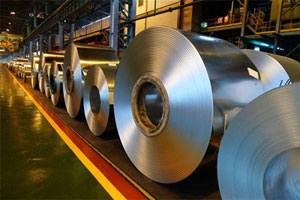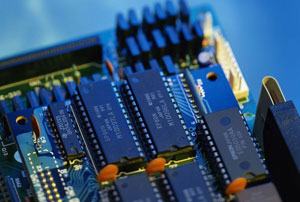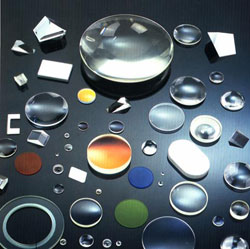What Are The Applications Of Niobium
Iron and Steel Industry
Approximately 85 % to 90 % of the world’s niobium is used in iron and steel production in the form of niobium–iron. The addition of 0.03 %–0.05 % niobium increases the strength of steel by more than 30 %. Niobium induces precipitation and controls the cooling rate, thereby achieving a tailored distribution of precipitates and adjusting the toughness of steel over a wide range. Consequently, niobium additions not only increase the strength of steel but also improve its high-temperature oxidation resistance and corrosion resistance, reduce its ductile-to-brittle transition temperature, and provide good weldability and formability.

Industry for Superconducting Materials
Some niobium compounds and niobium alloys exhibit a relatively high superconducting transition temperature. They are used in the manufacturing of industrial superconductors, for example in superconducting generators, high-performance accelerator magnets, superconducting magnetic energy storage systems and magnetic resonance imaging devices. The principal superconducting materials at present are NbTi and Nb3Sn, which are employed in medical diagnostics, magnetic resonance imaging scanners and nuclear magnetic resonance spectrometers for spectral line analysis.
Aerospace Industry
The aerospace industry is the main application area for high-purity niobium, which is primarily used in the manufacture of engines and heat-resistant components for rockets and spacecraft. Niobium-based superalloys and tantalum-based alloys exhibit excellent thermal stability and processability, and they are utilised in aircraft components and gas turbine blades. In the United States, nearly all engines for fighter jets are manufactured using a niobium alloy.

Nuclear Energy Industry
Niobium possesses high thermal conductivity, a high melting point, good corrosion resistance and a low neutron capture cross-section. It is therefore suitable for use in nuclear reactors. Major applications of niobium in the nuclear industry include nuclear fuel cladding, nuclear fuel alloys and the structural materials for heat exchangers in reactors.
Electronics Industry
Niobium-based ceramics can be used in the manufacture of capacitors. Single crystals such as lithium niobate and potassium niobate are new types of optoelectronic and electronic materials with good crystalline, piezoelectric, pyroelectric and optical properties; they are employed in the infrared, laser and electronics sectors. In addition, niobium has a high melting point, significant electron emission capacity and the ability to attract ions from air. It is used in the production of electron tubes and other vacuum electronic devices.

Medical Field
Niobium exhibits excellent anti-corrosive behaviour in physiological environments and good biocompatibility. It is inert in various bodily fluids and causes minimal damage to biological tissues. It can be used in all sterilisation methods and is commonly employed in the manufacture of bone plates, skull plates, screws, dental implants and surgical instruments.

Other Applications
In the chemical industry, niobium is a high-grade material that is resistant to acid and liquid metal corrosion and is used in heating and cooling devices for industrial ovens. In addition, niobic acid serves as an important catalyst. Niobium is also utilised in the foundry industry, where its main role is to form a hard carbide and alter the morphology and size of graphite. It is used in the manufacture of automobile cylinder heads, piston rings and brakes, and it is sometimes incorporated in commemorative coins alongside gold and silver. Furthermore, niobium contributes to increasing the permeability of lenses and is used in the production of lenses in the optical industry. Niobium may also be applied in the lighting sector; for example, an alloy of niobium with 1 % zirconium is used in the manufacture of precision supports for high-strength sodium vapour lamps, given that these small components exhibit satisfactory heat resistance against sodium vapour corrosion.

 Bars
Bars
 Beads & Spheres
Beads & Spheres
 Bolts & Nuts
Bolts & Nuts
 Crucibles
Crucibles
 Discs
Discs
 Fibers & Fabrics
Fibers & Fabrics
 Films
Films
 Flake
Flake
 Foams
Foams
 Foil
Foil
 Granules
Granules
 Honeycombs
Honeycombs
 Ink
Ink
 Laminate
Laminate
 Lumps
Lumps
 Meshes
Meshes
 Metallised Film
Metallised Film
 Plate
Plate
 Powders
Powders
 Rod
Rod
 Sheets
Sheets
 Single Crystals
Single Crystals
 Sputtering Target
Sputtering Target
 Tubes
Tubes
 Washer
Washer
 Wires
Wires
 Converters & Calculators
Converters & Calculators
 Write for Us
Write for Us
 Chin Trento
Chin Trento


